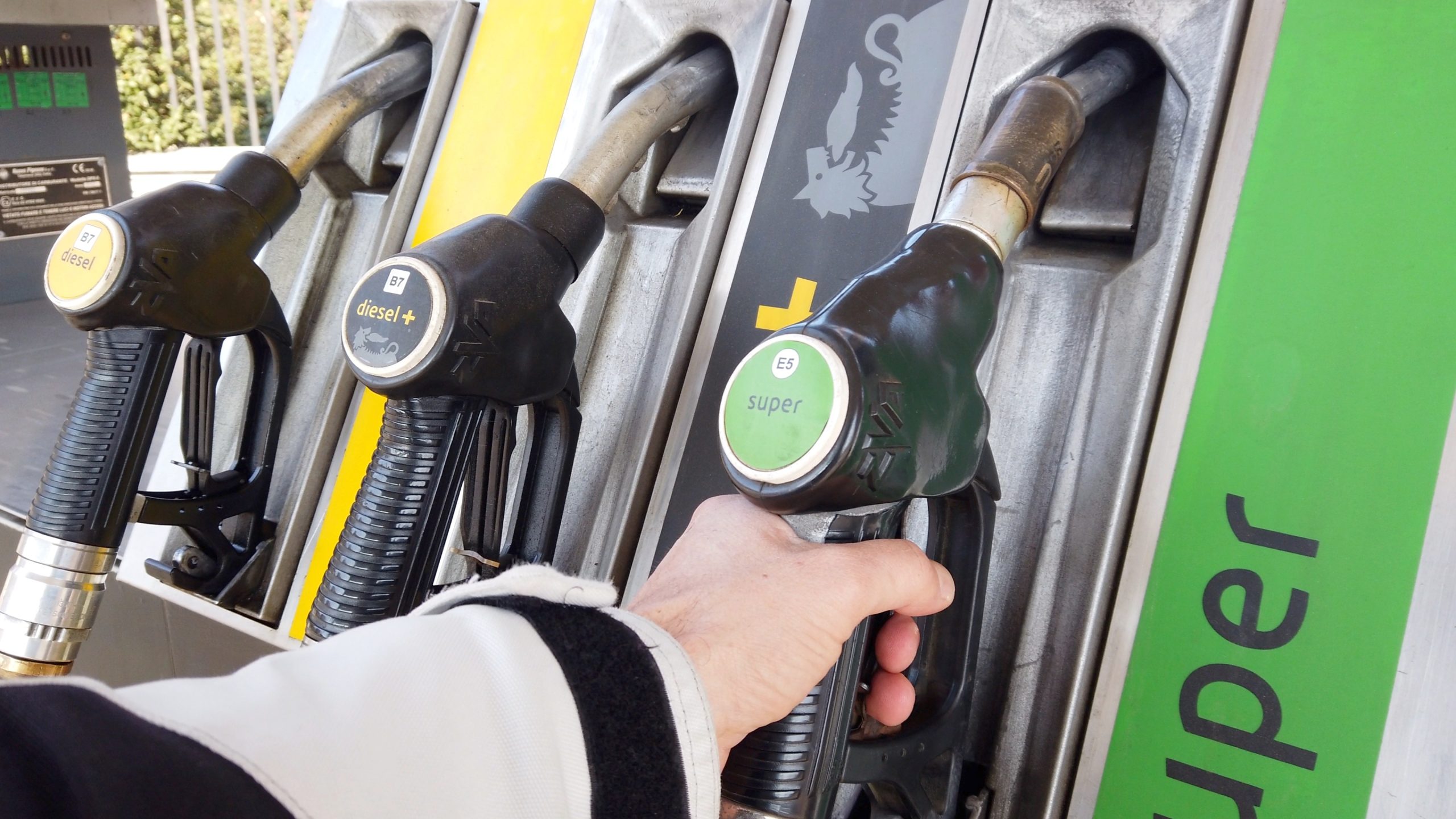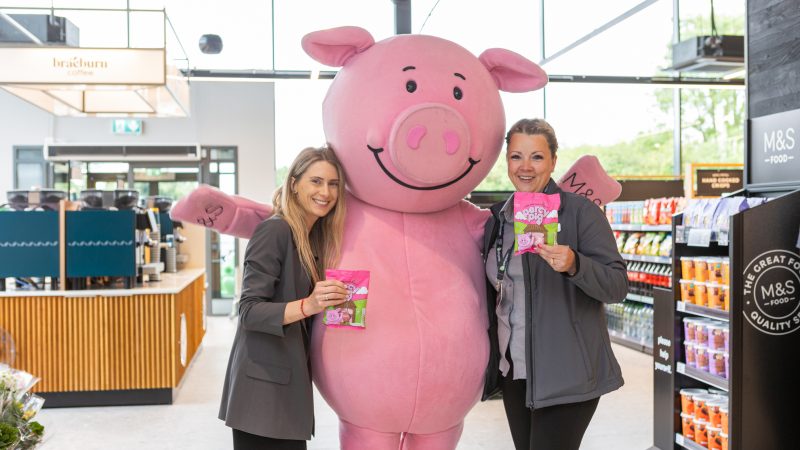Era of cheap supermarket fuels ‘gone’, motorists told

Motorists should not expect to see a return of supermarkets using cheap fuel to lure in shoppers, an industry source has claimed.
They spoke out after weeks of criticism from motoring groups and fuel price campaigners that supermarket petrol stations are failing to reflect plunging wholesale fuel prices.
Data supplied by the AA and RAC has consistently shown costs for unleaded and diesel becoming cheaper at many independent forecourts, with supermarket fuel at around average or just below average levels.
They argue the sector should be leading the way on fuel prices due to its bulk-buying power, after Brent crude oil nudged levels not seen since January on Tuesday.
The pair are pushing their case at a time when the industry regulator is investigating British fuel price behaviour.
RAC fuel spokesman, Simon Williams, said: “There is yet more pressure on the biggest fuel retailers today to pass on savings to drivers as the price of oil has dipped below $80 for the first time since the start of the year causing the wholesale cost of petrol to tumble to 105p a litre and diesel to 119p.
“If a cut of at least 10p a litre doesn’t come soon it will be yet more evidence of ‘rocket and feather’ pricing for the Competition and Markets Authority (CMA) to take note of.
“The disparity between average pump prices at 158p for petrol and 182p for diesel and their wholesale equivalents is truly shocking.
“Even taking account of major retailers’ buying cycles, we can see no justification for them not cutting their prices significantly.”
UK supermarkets have historically charged around 3.5p per litre less at the pump than the UK average.
Fuel was effectively subsidised as part of the big four chains’ efforts to grow their respective grocery market shares.
But that changed last year when COVID pandemic restrictions ended and oil prices shot up – pushed even higher this year by the effects of the war in Ukraine.
The source suggested that the increased costs that supermarkets were grappling, largely linked to the war, meant they were now more focused on delivering value in areas other than fuel to keep essentials down in price as much as possible.
They said that, as a result, fuel was no longer a loss leader and pre-pandemic pricing behaviour was “gone”.








